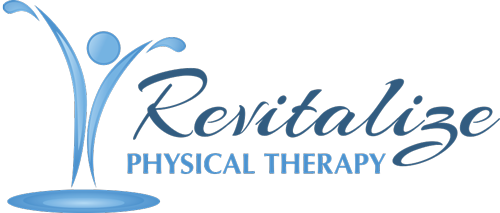
Colon (aka large intestine) cancer is one of the lesser discussed cancers despite the fact that it is diagnosed approximately 1 million times each year. It involves abnormal growth of cells in the colon and/or rectum which may metastasize and spread to other parts of the body. Signs and symptoms of colon cancer may include bloody bowel movements, a change in bowel pattern or frequency, fatigue, and weight loss. Risk factors of colon cancer include lifestyle, age, genetic pre-disposition, diet, alcohol consumption, smoking, colon polyps, and family history of colon cancer. It is the second most common diagnosed cancer within the female population and the third most common diagnosed cancer within the male population. Following lung, stomach, and liver cancer, it is the fourth leading cause of cancer related deaths. Global incidence of colon cancer points to an interesting pattern- it is much more prevalent in developed countries such as the United States, Europe, Australia, and New Zealand in comparison to underdeveloped countries in Africa and South-Central Asia.
This phenomenon has led researchers to explore the effect of DIET on colon cancer development. Previous research has shown that diets heavy in red processed meat and low in fiber increase one’s risk for developing colon cancer. Additionally, recent research performed at the University of Pittsburg and Imperial College London (April 2015, see link to article below) explored diet and its affect on colon cancer in greater detail. Generally speaking, a typical Western diet is rich in fats and animal proteins, and a typical African diet contains vegetables and other high fiber foods. The researchers decided to perform a diet swap experiment; they fed twenty Black-Americans a high fiber, bean, fish, and fruit diet, and they fed twenty rural South African volunteers a typical American diet (ex. meats, cheeses, fries, and burgers). The experiment was conducted over a two week time period. Within that relatively short amount of time, colon cancer biomarker measurements dramatically decreased in the Black-American participants, and increased amounts of butyrate, a product of fiber digestion which decreases cancer risk. In addition, this group also demonstrated decreased colon inflammation. Conversely, the biomarker measurement dramatically increased in the South African participants. This westernized diet is associated with decreased amounts of butyrate, and hence decreased protection against cancer.
While it may be depressing to hear that over indulgence in burgers and fries is ill advised from a cancer perspective, the silver lining that emerged from this study is that previous bad habits do not mean irreversible damage! The microbiome (bacterial composition of the large intestine) significantly improved within TWO SHORT WEEKS when healthy dietary changes were implemented. Old colons can learn new tricks…as long as its owner is motivated and informed.
Fortunately, not all “colon problems” involve cancer. Sometimes, individuals may experience Irritable Bowel Syndrome-like symptoms, including constipation, abdominal cramping, decreased colonic motility, incomplete emptying of the rectum, and/or pain or straining while passing bowel movements. Pelvic floor physical therapy includes interventions that target these symptoms. If you or someone you know experiences these symptoms, please encourage them to discuss pelvic floor physical therapy with their physician. It may be the perfect solution!



